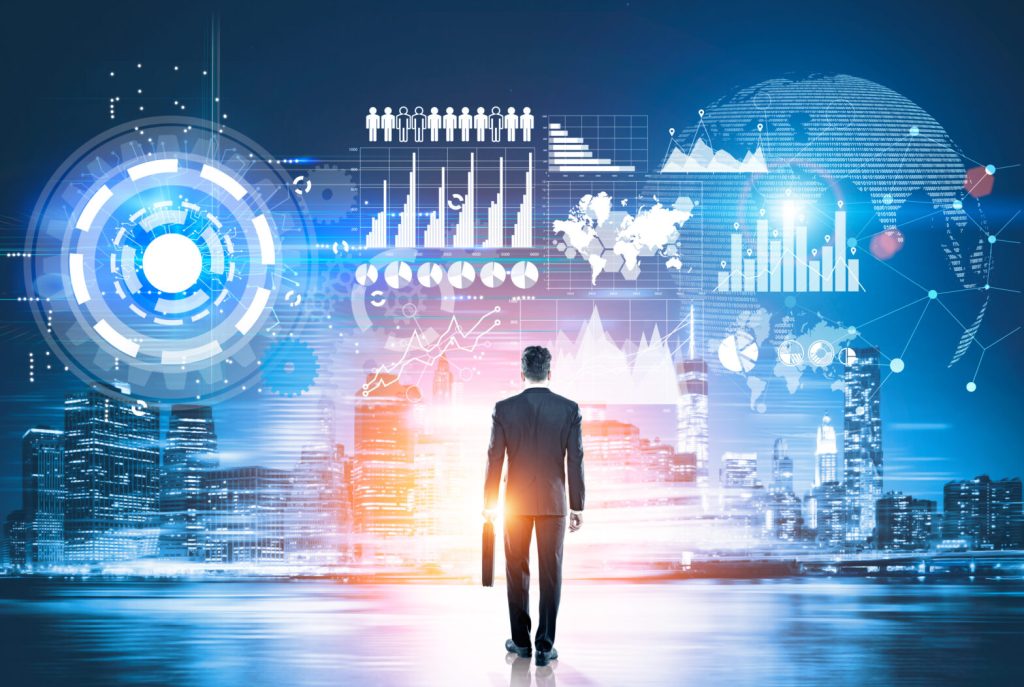The World Economic Forum predicts that over the next ten years, business models based on digital platforms will account for 70% of all new value created. This demonstrates that the digital economy is rapidly evolving and shaping how people live, work, and interact.
The following key trends and technologies are expected to shape the future of the digital economy:
Artificial Intelligence and Machine Learning. Artificial intelligence, including machine learning, deep learning, and neural networks, is experiencing significant development and will play an increasing role in the digital economy. AI is essential for extracting insights from big data, automating complex tasks, predicting, and managing autonomous systems and robotics.
Transforming Traditional Sectors. The digital economy is also transforming traditional industries, such as agriculture. For example, farmers can receive real-time updates on crop quality, soil conditions, and irrigation with the help of smartphone apps.
Digital Connectivity. Robust broadband internet connectivity and basic infrastructure are critical to the success of the digital economy. Technologies such as 5G are expected to play a key role in enhancing digital connectivity, leading to faster and more reliable communications, while supporting the growth of the digital economy.
Virtual World: Immersive technologies, such as virtual worlds, can create entirely new experiences for consumers and open up new avenues for innovative business applications. These digital environments have the potential to revolutionize entire sectors, and in the future, a parallel world with a distinct financial and economic system may emerge.
Healthcare Transformation: The integration of telemedicine and digital health tools and applications is expected to improve healthcare delivery and accessibility.
Cybersecurity Developments: The rapid adoption of the digital economy is contributing to the development of cybersecurity measures to counter increasingly sophisticated cyber threats, including AI-powered attacks. By applying machine learning algorithms, AI-powered cybersecurity systems can detect abnormal behavior, identify potential vulnerabilities, and proactively mitigate risk factors.
Digital transformation is a global business trend that is changing the way companies innovate and streamline their operations using technology. Explore strategies for successfully transitioning to this evolving business model.











